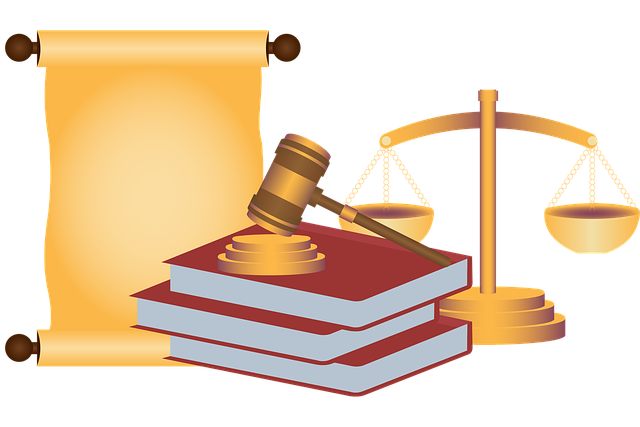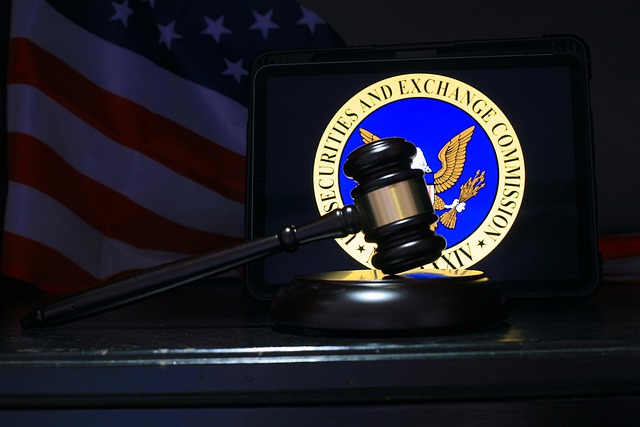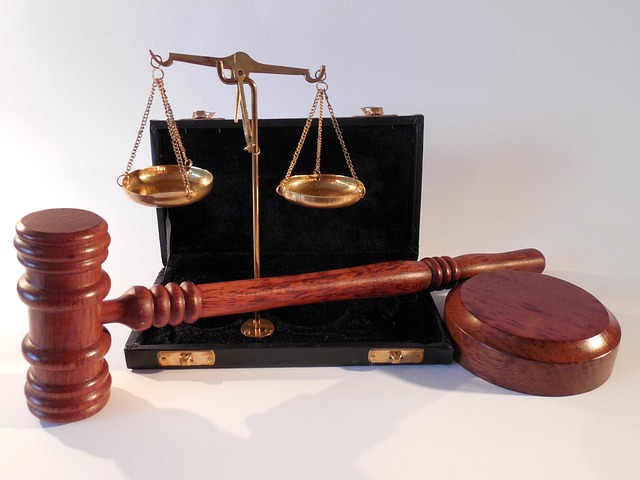RF Regulatory Agencies safeguard fair market practices by investigating trademark infringements, which carry severe legal consequences, including fines and criminal charges. Proactive communication, robust defense strategies focusing on intellectual property law nuances, and meticulous record-keeping are vital to mitigate these Legal Consequences of Trademark Infringement.
RF Regulatory Agency investigations are crucial in maintaining a fair and competitive market, especially regarding trademark integrity. This article explores the authorities behind these agencies, focusing on their powers to launch inquiries into potential RF infringement. We delve into the process, from identifying violations like counterfeit goods to the legal ramifications, including severe penalties for non-compliance. Additionally, we provide strategies for defense against such findings, emphasizing the importance of understanding your rights in navigating these investigations and avoiding the Legal Consequences of Trademark Infringement.
- Understanding RF Regulatory Agency Authorities
- Launching Investigations: Trademarks & Infringement
- Legal Ramifications for Non-Compliance
- Defense Strategies Against Investigation Findings
Understanding RF Regulatory Agency Authorities

RF Regulatory Agencies are tasked with ensuring compliance with regulations related to radio frequency (RF) technologies. These agencies possess the authority to investigate potential violations, which can encompass a wide range of issues from spectrum misuse to safety hazards. Understanding their powers and responsibilities is crucial, especially considering the legal consequences of trademark infringement. In cases where an entity operates without the necessary licenses or deviates from established standards, these regulatory bodies can levy significant fines and penalties.
The investigations conducted by RF Regulatory Agencies span across the country, covering all stages of the investigative and enforcement process. They delve into instances of unauthorized transmissions, interference with licensed services, and non-compliance with technical standards, among other concerns. Moreover, these agencies often play a pivotal role in combating white collar and economic crimes, ensuring that businesses and individuals adhere to RF-related laws to protect both consumers and the broader economy.
Launching Investigations: Trademarks & Infringement

When an RF Regulatory Agency suspects trademark infringement, they launch investigations to ensure fair market practices. These probes are crucial in protecting intellectual property rights, which are vital for maintaining a competitive and innovative business environment. Trademark violations can have severe legal consequences, impacting both corporate and individual clients across the country.
The agency’s role is to navigate this complex landscape, uncovering infringements that may go unseen. Their investigations not only protect businesses but also safeguard consumers from potential fraud or misleading practices. This process extends its reach into various sectors, affecting not just commercial enterprises but also philanthropic and political communities, ensuring that everyone operates within legal boundaries.
Legal Ramifications for Non-Compliance

The legal ramifications of non-compliance with RF Regulatory Agency (RFRA) investigations can be severe, with significant consequences for respective businesses. Trademark infringement, a common issue in these cases, carries substantial penalties and Legal Consequences. Business owners must understand that failure to adhere to RFRA guidelines not only risks financial burdens but also damages their brand reputation, which can impact future prospects for his clients.
The scope of legal actions extends beyond monetary fines. It may include criminal charges for deliberate non-compliance, leading to general criminal defense strategies becoming crucial for business leaders. These investigations are intricate and demand meticulous record-keeping and proactive communication with regulatory bodies to avoid potential Legal Consequences of Trademark Infringement.
Defense Strategies Against Investigation Findings

Facing RF Regulatory Agency investigations can be a significant challenge for any entity, whether it’s corporate or individual clients. When such inquiries uncover alleged violations, organizations must swiftly develop robust defense strategies to mitigate potential legal consequences. One area of focus should be trademark infringement claims, as these carry severe implications. Understanding the nuances of intellectual property law and presenting a compelling case that demonstrates good faith efforts can significantly strengthen the defense.
A comprehensive strategy involves examining every stage of the investigative and enforcement process. By thoroughly reviewing evidence, challenging methodology, and providing clear explanations or exculpatory evidence, legal teams can aim for winning challenging defense verdicts. This proactive approach ensures that rights are protected and any misunderstanding or technical violation is addressed proactively, fostering a fair outcome.
RF Regulatory Agency investigations into trademark infringement and related issues are serious matters with significant legal consequences. Understanding your rights, knowing the investigative process, and employing robust defense strategies are crucial to mitigating potential harm. Non-compliance can lead to severe penalties, including monetary fines and market restrictions. By staying informed and proactive, businesses can navigate these complex regulatory environments, ensuring compliance and safeguarding their intellectual property in today’s competitive landscape.






